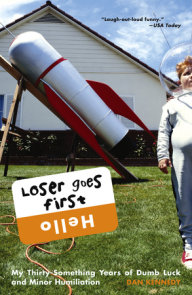READERS GUIDE
The issues of Ghettonation are ripe for spirited discussion. These questions are meant to inspire critical thinking about the self-destructive mind-set that is crippling American society. If your book club would like to speak to the author, either online or by phone, when it meets to discuss Ghettonation, send an email to info@coradaniels.com with “book club” in the subject line.Questions and Topics for Discussion
1. What does ghetto mean to you?
2. Did your definition change after reading the book? Do you agree with the author’s assessment that ghetto is a mind-set? What do you think of her argument that this mind-set crosses race, class, and generational lines?
3. The author included many scenes from her own life as one of the “characters.” Although her intention was not to create a memoir, at times the book is very personal. Did you like how she mixed journalism with memoir? Did it add to her argument that we are all in this struggle together?
4. Who or what would you add to the running “That’s So GhettoÉ” lists that the author includes in the book? Are there examples that the author included that you disagree with?
5. The author’s writing style is very conversational and some have enjoyed the humor. But the book is filled with a lot of research, including hundreds of interviews conducted over several years. What anecdote, statistic, or revelation in the book were you most surprised by?
6. Have you ever had a ghetto moment? What is the danger of being numb to ghetto or not seeing ghetto in all its forms?
7. The author’s goal was to expose what she feels is a self-destructive mind-set. She calls it “ghetto” because as a journalist that is the word that she found is most commonly used. But given the history of the word ghetto, what is the fallout of using the word to describe such a negative mind-set? Does the race of the person using the word make a difference?
8. How is the author’s argument different from Bill Cosby’s infamous speech at the NAACP dinner?
9. At the end of the book the author concludes that it is time for the ghetto mind-set to “die.” Do you agree?
10. The author suggests the first step to wiping out unacceptable behavior that has become acceptable is for each of us to raise our expectations–of ourselves and of others. She has said that is how you gradually raise the bar. Do you think that will help? What is the next step? What can you do in your own community?




















